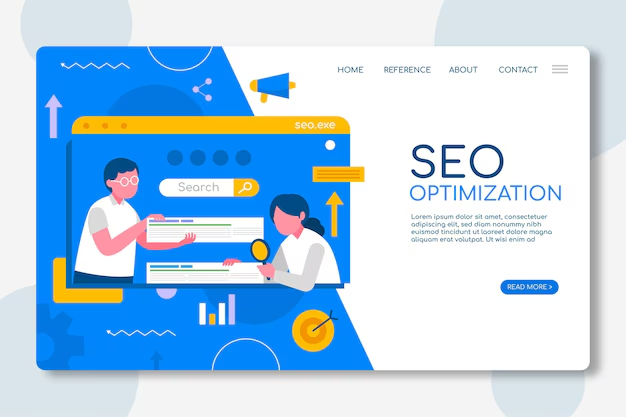Starting a blog can be a great way to share your thoughts, build a community, or even make money online. But with so many blogging platforms available, choosing the right one can be a bit overwhelming, especially if you’re a beginner. In this guide, we’ll explore the top 5 blogging platforms for beginners in 2024 to help you find the best fit for your blogging journey. Each platform offers unique features, making it easier for you to start your blog without any technical expertise.
1. WordPress.org
WordPress.org is one of the most popular blogging platforms worldwide, powering over 40% of all websites on the internet. It’s an open-source content management system (CMS) that offers complete control over your blog.
Key Features:
- Customization: Thousands of free and premium themes and plugins allow you to customize your blog’s appearance and functionality.
- SEO-Friendly: WordPress.org integrates with popular SEO plugins like Rank Math SEO, making it easier for your content to rank on search engines.
- Ownership: Since it’s a self-hosted platform, you have complete ownership of your blog and its content.
Best For: Bloggers who want full control over their site and are willing to invest time in learning the platform. Ideal for those looking to scale their blog over time.
2. Wix
Wix is a user-friendly website builder that simplifies the process of creating a blog, making it perfect for beginners. It offers a drag-and-drop interface, allowing you to design your blog visually without any coding skills.
Key Features:
- Drag-and-Drop Editor: Easily create a beautiful blog by dragging and dropping elements like text, images, and videos.
- Customizable Templates: Choose from a wide range of templates that suit different niches, from personal blogs to travel journals.
- Built-In Hosting: Hosting is included with Wix, so you don’t need to worry about finding a separate hosting provider.
Best For: Beginners who want a hassle-free, all-in-one blogging solution and don’t mind paying a subscription fee for premium features.
3. Blogger
Blogger is a free blogging platform by Google that offers an easy way to start a blog without any cost. It’s been around for years and remains a popular choice for beginners looking to get their feet wet in the blogging world.
Key Features:
- Free Hosting: Blogger provides free hosting with a Blogspot domain, making it a cost-effective option for new bloggers.
- Integration with Google: Seamlessly integrates with other Google services like Google Analytics and AdSense, making it easy to monetize your blog.
- Simplicity: The interface is straightforward and easy to use, making it ideal for beginners who don’t want to deal with technical settings.
Best For: New bloggers looking for a free, easy-to-use platform without the need for hosting or domain registration.
4. Squarespace
Squarespace is known for its stunning design templates, making it a great choice for bloggers who want their site to look professional right from the start. It’s an all-in-one platform that includes hosting, templates, and a domain.
Key Features:
- Design-Focused: Beautiful, high-quality templates that are perfect for visual storytelling, portfolios, and photography blogs.
- Responsive Design: All templates are mobile-friendly, ensuring that your blog looks great on any device.
- 24/7 Customer Support: Squarespace offers excellent customer support to help you resolve any issues you encounter.
Best For: Creatives who prioritize design and want a polished, professional-looking blog without needing to learn coding.
5. Medium
Medium is a popular platform for writers and journalists who want to reach a large audience without having to worry about website design or hosting. It’s a community-based platform where readers and writers connect through shared stories and insights.
Key Features:
- Focus on Content: Medium’s simple design puts the focus entirely on your writing, making it a great choice for long-form articles and storytelling.
- Built-In Audience: Medium has a large, engaged reader base, allowing your content to reach a wider audience without needing extensive promotion.
- Easy to Use: No setup or customization is required. Simply create an account and start publishing your content.
Best For: Writers and bloggers who want to focus on content creation and reach a built-in audience without worrying about the technical aspects of running a blog.
Conclusion: Choosing the Right Platform for You
Each of these blogging platforms has its own strengths, and the right one for you depends on your specific needs and goals. If you’re looking for full customization and control, WordPress.org is an excellent choice. For those who want an easy-to-use, all-in-one solution, Wix or Squarespace might be more suitable. Blogger offers a free way to start blogging, while Medium is perfect for writers who want to reach a large audience without managing a website.
Consider your long-term goals, the level of customization you want, and your budget before choosing a platform. No matter which one you choose, the most important step is to start sharing your thoughts and ideas with the world. Happy blogging!






